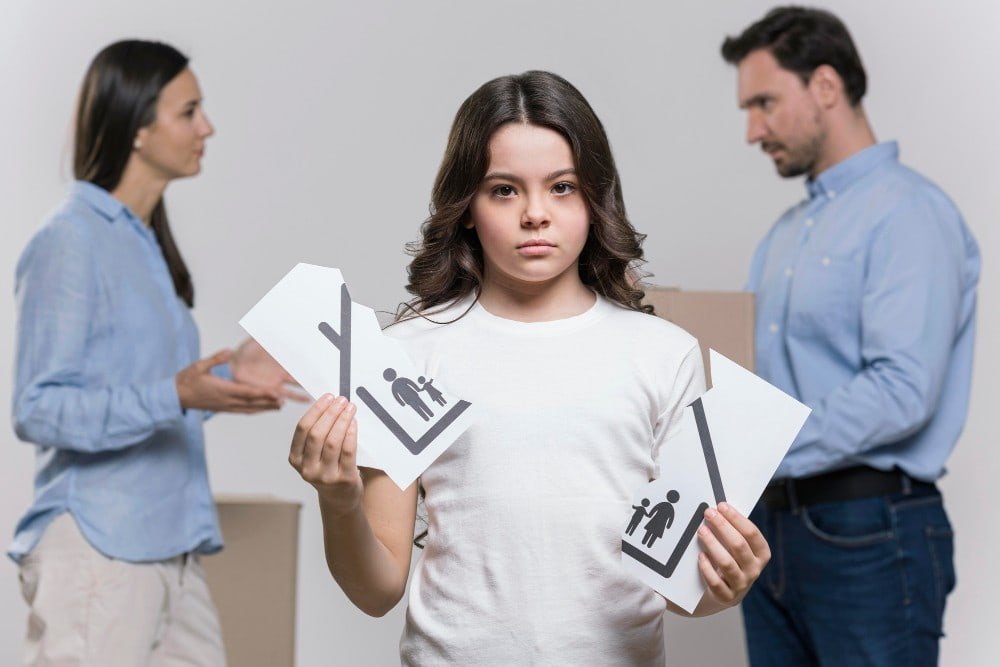
Law enforcement officers hold a position of trust and authority in society. Their job is to uphold the law, protect the public, and ensure justice. But when that power is abused—whether through excessive force, false arrest, racial profiling, or other violations—it becomes police misconduct, and it can have devastating effects on individuals, families, and communities.
At Lforlaw.com, we connect victims of police abuse and civil rights violations with experienced attorneys who are committed to fighting injustice. No one is above the law, and those who suffer harm at the hands of law enforcement deserve accountability, protection, and compensation.
Understanding Police Misconduct
Police misconduct encompasses a wide range of unlawful or unethical behavior by law enforcement officers. This includes both actions that violate departmental policies and those that violate constitutional rights guaranteed by federal and state law. Some of the most common forms of police misconduct include:
-
Excessive force: Using more physical force than necessary, often resulting in injury or death
-
False arrest or imprisonment: Detaining someone without legal justification
-
Racial profiling: Stopping, searching, or arresting individuals based solely on race or ethnicity
-
Unlawful searches and seizures: Violating Fourth Amendment protections
-
Coerced confessions or fabrication of evidence
-
Failure to intervene: When officers stand by while another officer abuses their power
-
Sexual misconduct or harassment by an officer
These incidents are not just policy violations—they are often serious breaches of constitutional rights under the U.S. Constitution, especially the Fourth, Fifth, and Fourteenth Amendments.
Legal Rights of Victims
If you’ve been harmed by police misconduct, you have the right to seek justice through the legal system. Under Section 1983 of the Civil Rights Act (42 U.S.C. § 1983), individuals can sue state and local government officials—including police officers—for violating their constitutional rights while acting “under color of law.”
A successful civil rights lawsuit can result in:
- Financial compensation for medical expenses, lost income, and pain and suffering
- Punitive damages in cases of egregious misconduct
- Legal reforms or injunctive relief to prevent future abuse
- Attorney’s fees and court costs
In some cases, criminal charges may also be brought against the offending officer, although this is typically handled by prosecutors or federal authorities.
Challenges in Police Misconduct Cases
Pursuing a legal claim against the police can be challenging. Courts often grant officers a degree of legal immunity, known as qualified immunity, which can shield them from personal liability unless their conduct violates “clearly established” legal rights. Proving that an officer’s actions crossed that threshold requires strong evidence, legal skill, and persistence.
Additionally, victims often face institutional resistance, destroyed or altered records, intimidation, and public skepticism. That’s why having an experienced attorney—one who understands civil rights law, police procedures, and litigation strategy—is crucial to building a strong case.
What to Do If You’ve Been Abused or Mistreated by Police
If you’ve been the victim of police misconduct, act quickly to protect your rights:
-
Document everything: Write down details, get witness names, and take photos of injuries or property damage.
-
Seek medical attention: This provides both treatment and a medical record of harm.
-
File a complaint: You can file with the police department’s internal affairs division and/or a civilian oversight board.
-
Consult an attorney: Don’t delay. An attorney can guide you through the legal process and ensure important deadlines are met.
In most states, there are strict statutes of limitations on civil rights claims, often ranging from one to three years. Time is of the essence.
Lforlaw.com Helps Victims Seek Accountability
When police officers abuse their authority, it not only harms individuals—it undermines public trust in the justice system. At Lforlaw.com, we believe in holding law enforcement accountable and restoring the rights and dignity of those who have been wrongfully treated.
We connect victims with attorneys who have the knowledge and courage to take on complex, high-stakes police misconduct cases. Whether your rights were violated during a traffic stop, protest, arrest, or in custody, we’re here to help you pursue justice.
If you or someone you love has experienced police misconduct, contact us today for compassionate, experienced legal support.






